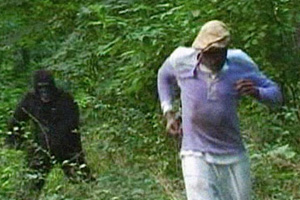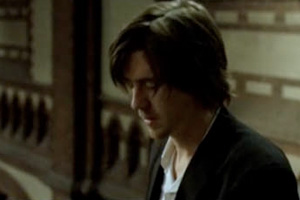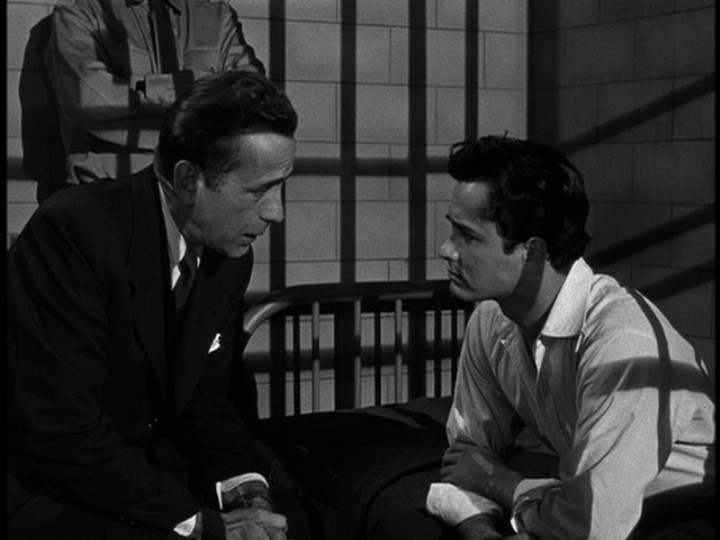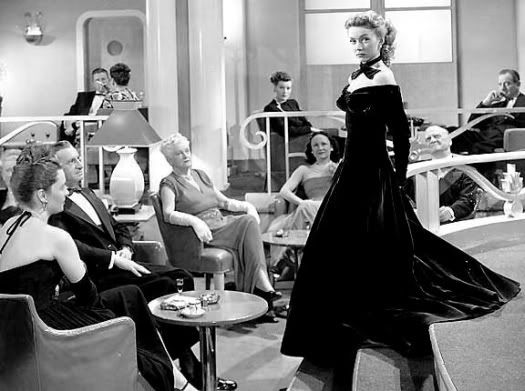My Top 10 list of NYC-based repertory events that was published in The L Magazine. Hopefully those in the city were able to catch some of these...
-----
Ten cinematic spectacles that either can’t be replicated in the comfort of your own home, or wouldn’t be the same on DVD. Netflix, eat your heart out.
Mysterious Objects: The Films of Apichatpong Weerasethakul (Anthology, January) Two sold-out shorts programs were the real gems: minimalist manipulations of sound and space, and his characteristic interest in group aerobics.
Le Grand Franju (Anthology, March) Georges Franju’s career may be reduced to
Eyes Without a Face, but this series reminded us of all the hallucinatory hybrids that we’re missing out on, like the biker-youth-over-the-cuckoo’s-nest
Head Against the Wall.
Tomu Uchida (BAM, April) As a colleague wrote elsewhere: “Uchida's career is a jumble of high and low concerns, bright spectacle and dark corners, his responsive, protean style answering only to the needs of the moment — the stuff dreams are made of.”
Nakadai (Film Forum, June-July) 25 movies in almost as many days, plus an intimate conversation with the legendary dude himself? It’s like taking a graduate seminar in Tatsuya Nakadai without the bothersome homework.
3epkano (BAM/Walter Reade, July) For two nights this summer, two of silent cinema’s best films (F.W. Muruanu’s Sunrise and Paul Leni’s The Cat and the Canary) were not only revived but reborn through this Dublin experimental rock group’s eerily hypnotic scores.
Elliott Gould: Star for an Uptight Age (BAM, August) This reluctant role model is just as vital today as he was back in the day. And he brought along his personal 35mm print of Ingmar Bergman’s criminally neglected
The Touch.
Hollywood on the Hudson (MoMA, September-October) The forgotten glory of New York filmmaking between the World Wars. Oh, the joys of obscure musicals and ethnic productions…
Carole Lombard (Film Forum, November) This flaxen goddess already saw the country through one economic depression, so what’s one more?
Les Blank (Film Forum, November) The documentary guru of Americana is an underappreciated treasure, and his unique focus on food and music makes every screening a party.
Manny Farber (Walter Reade, November) Extolling the unpretentious virtues of B-Movies long before it was hip to do so, the late Farber elevated film criticism to a high plateau that has rarely been surpassed.
Special mention goes out to the
Orphan Film Symposium (NYU) for unearthing the strange, natural beauty of James Blue’s Kennedy-sponsored propaganda, and Lana Turner grilling a streak on live radio for WWII troops overseas, a true fetishist’s delight.
http://thelmagazine.com/6/36/Film/film13.cfm?ctype=2

















































